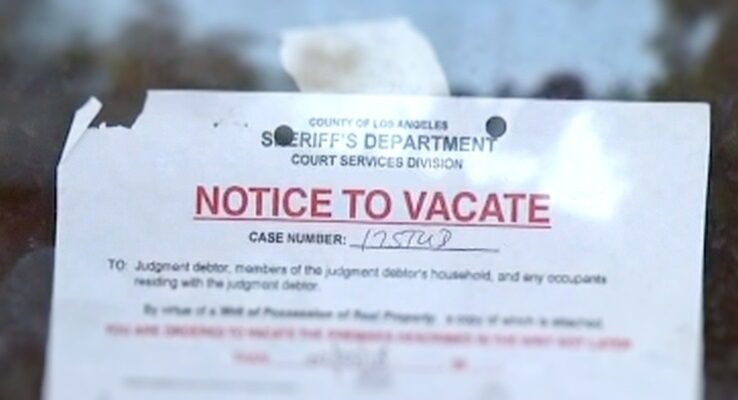 [Editor;s Note: An earlier version of this story said the Council “passed” the ordinance. In fact, the Council approved that the ordinance be drafted by the City Attorney for final voting expected later this month.]
[Editor;s Note: An earlier version of this story said the Council “passed” the ordinance. In fact, the Council approved that the ordinance be drafted by the City Attorney for final voting expected later this month.]
Pasadena’s City’s Council on Monday night unanimously approved a proposed ordinance be drafted which restricts the use of polystrene foam commonly known as as “styrofoam” at restaurants and other venues city-wide.
The ordinance now moves to the City Attorney’s office for drafting. It is expected to be presented in a “first reading” to the full Council later this month.
Councilmember John Kennedy, speaking to support the restrictions, said even tighter limitations should be considered.
The ordinance will apply to grocery stores, restaurants, farmers’ markets, convenience stores, food vendors, food trucks, groups or individuals that provide prepared foods to the general public, city facilities, events and meetings, and all retailers selling food packaging.
The new restrictions will not apply to the use of polystrene with uncooked meat, poultry, fish, eggs and fresh produce.
According to the ordinance document, there are over 90 cities in California that have adopted a polystyrene ban of some sort.
City of Pasadena Environmental Programs Manager Gabriel Silva testified at an earlier committee meeting that polystrene products account for 17 percent of the city’s litter stream.
A recent city-sponsored survey, which contacted 100 restaurants employing fewer than 20 workers along with 25 food packaging retailers, showed that 69 percent of respondents used polystyrene packaging for food.
Silva said the City estimates the unit cost increase for restaurants to convert from polystrene packaging to a comparable alternative is expected to be about four cents.
“Pasadena is willing to pay more for an alternative to have a more environmentally friendly city,” said Silva as he presented figures.
Community outreach and education has bec0me a recurring topic as a means to bridge the gap to stay committed to Pasadena’s Zero Waste initiative and to maintain productive relationships with small business owners.
In addition, supporters of the restrictions advocate educational campaigns about the practice of reusable containers known as Bring Your Own Container (BYOC). Starbucks’ reusable cups were often cited as an example throughout the meeting.
“I’m optimistic as a community that we will figure out how to work with small businesses and stay with our commitment to moving towards zero waste,” said Councilmember Wilson earlier.













 0 comments
0 comments


